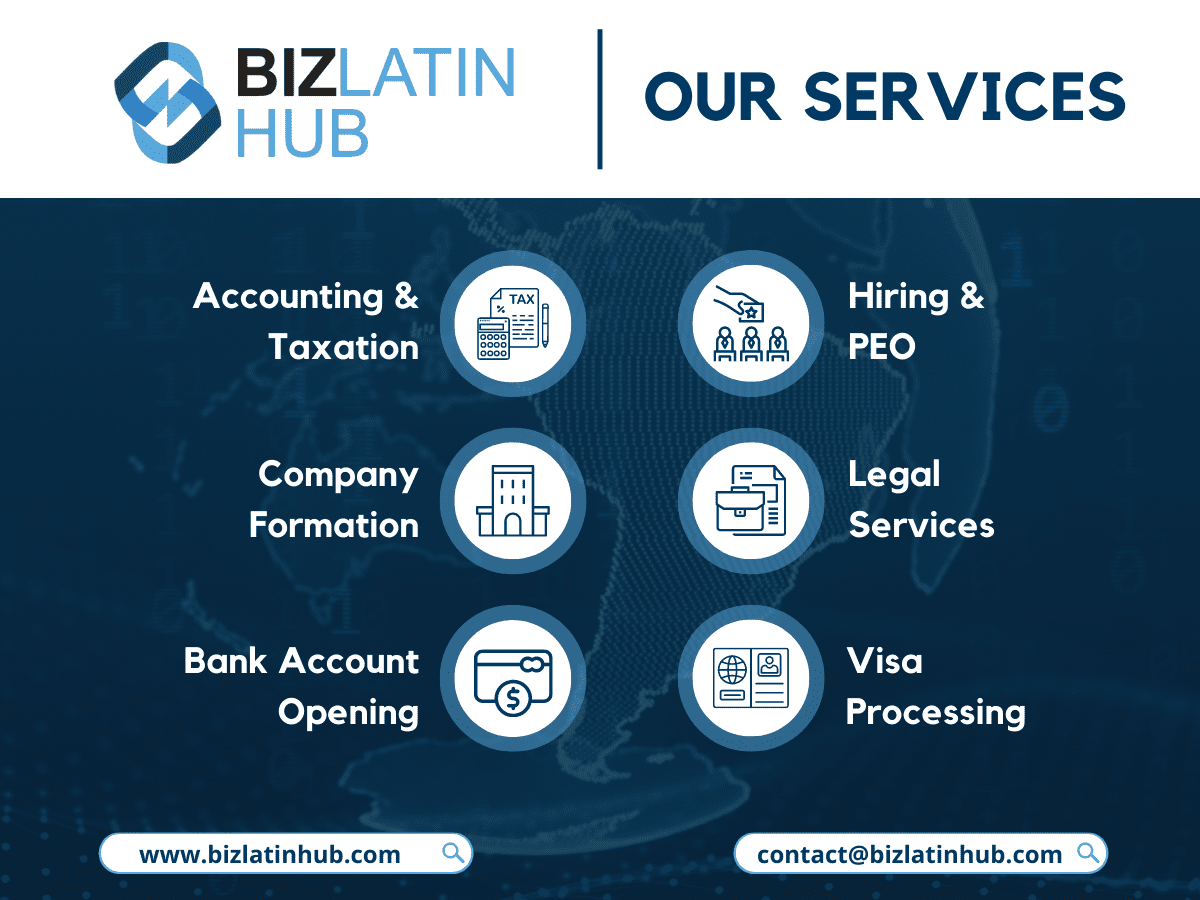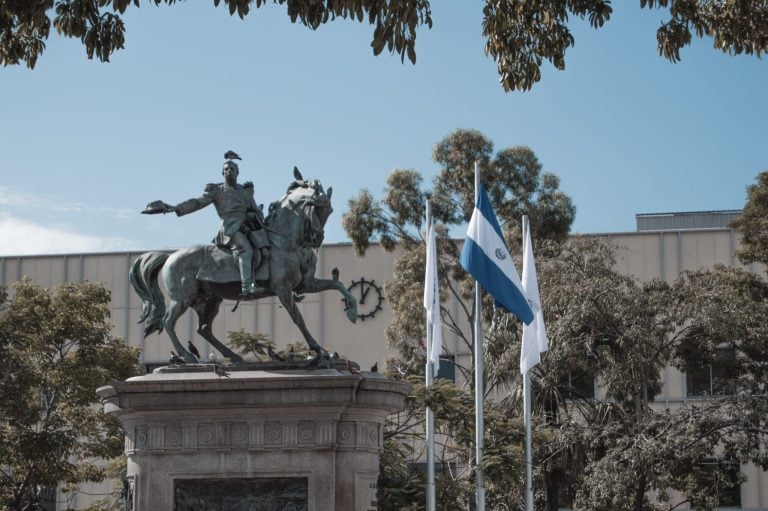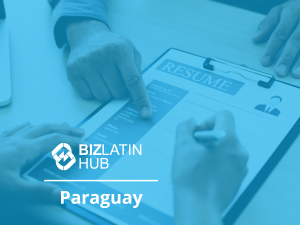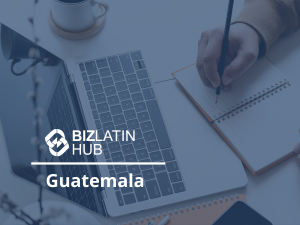A new package of 52 reforms proposed by Salvadoran President Nayib Bukele seeks to encourage investment in El Salvador by significantly reducing taxes and bureacracy associated with starting and running a business in the Central American country, as well as offering citizenship in return for investment.
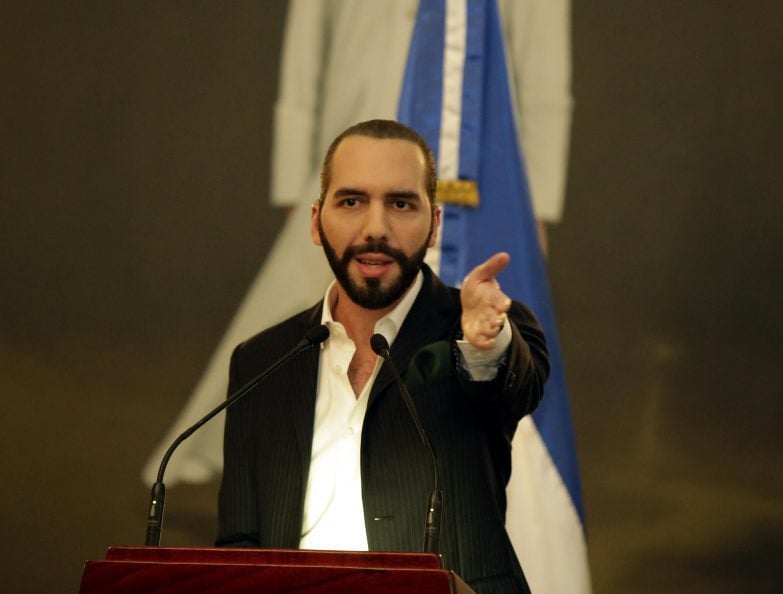
With Bukele’s New Ideas party controlling the Salvadoran legislature, the package is likely to easily pass into law.
“I am sending 52 legal reforms to Congress, to eliminate bureaucracy, reduce red tape, create tax incentives, citizenship in exchange for investment, new securities laws, stability contracts,” Bukele tweeted in the early hours of February 20, the day before the Legislative Assembly of El Salvador began studying the package.
El Salvador has attracted increasing international interest since September, when it passed a law that made the cryptocurrency Bitcoin legal tender. Like the new package of El Salvador reforms, that law was first proposed by Bukele.
Doubts and criticisms have been widely expressed by the international community regarding the decision to make Bitcoin legal tender, with concerns about the transparency and volatility of cryptocurrency foremost among them. The validity of such concerns was laid bare by the fact that the Salvadoran government’s initial $21 million investment in Bitcoin lost $3 million on its first day. (Note that El Salvador is one of Latin America’s dollarized economies, so all figures are expressed in US currency.)
SEE ALSO: Attorney in El Salvador: Find a Good Corporate Lawyer
However, Bukele has remained steadfast in promoting the country as a cryptocurrency trailblazer and defender of individual liberties, as highlighted by the second part of his tweet announcing the reform package.
“The plan is simple: as the world falls into tyranny, we’ll create a haven for freedom,” he wrote.
Exactly how these El Salvador reforms will manifest themselves is unknown, with the prerequisites for citizenship based on investment and details of tax cuts and reduced red tape not made clear.
However, with Bukele’s New Ideas party dominating the unicameral legislature, they are likely to be accepted with minimal revisions.
El Salvador reforms are latest twist in Bitcoin journey
While Bukele made no specific mention of Bitcoin in his announcement, he has recently refered to El Salvador as “the land of Bitcoin freedom” and he has made significant effort to try to attract cryptocurrency companies and investors to the country.
The legalization of Bitcoin has drawn considerable attention to El Salvador over recent months, and Bukele has done little to dampen the furor. In December, he staged an event reminiscant of a rock concert to announce plans to build a location known as Bitcoin City — a facility located in Conchagua, in the east of the country and near a volcano, which is intended to provide geothermic power for the production of Bitcoin.
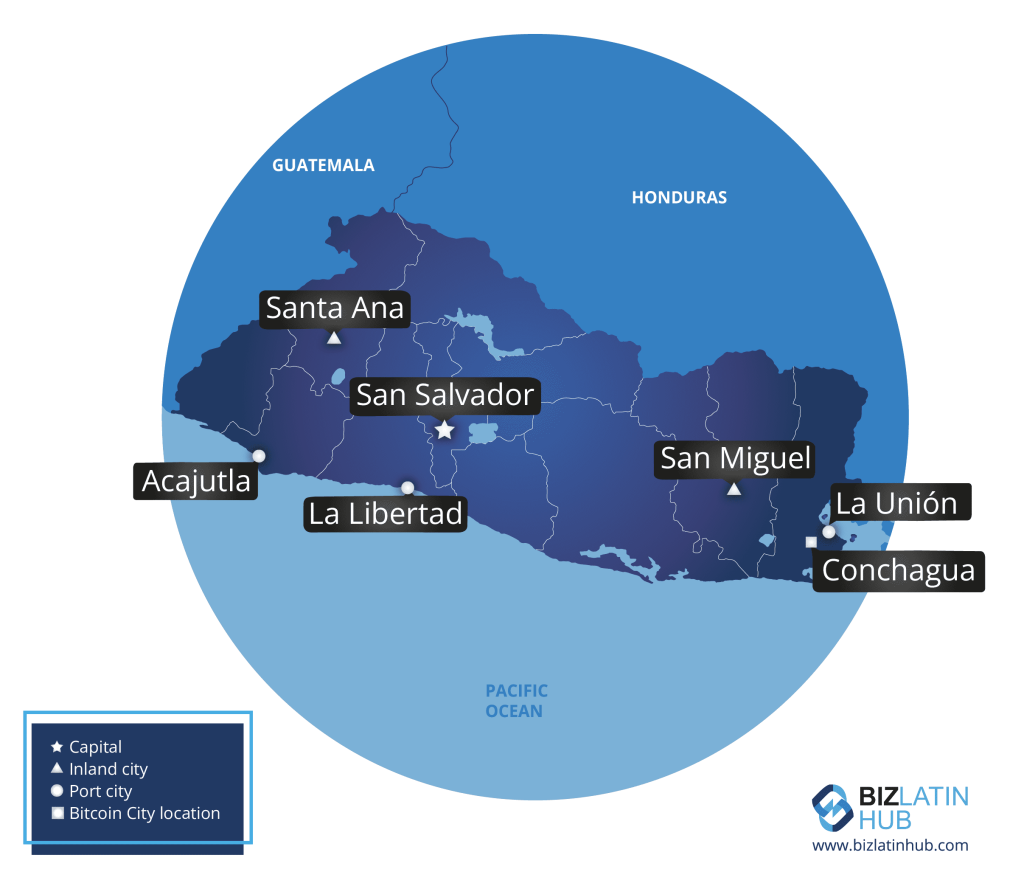
The cryptocurrency is produced via the solving of complex mathematical problems — a process that has come under widespread criticism for its environmental impact due to the electricty needed — so the use of geothermal energy is intended to assuage such concerns.
Bitcoin City will reportedly be built using funds generated through cryptocurrency bonds — set to be launched in March — and the location will reportedly be free of income, property, and capital gains taxes, with resident businesses only subject to VAT.
Although Bukele and his government have heavily promoted Bitcoin and its use, the move to legalize it has caused protests in the country, while business communities in neighboring Guatemala and Honduras have expressed concerns about how it could affect cross-border trade.
Nevertheless, a number of Latin American countries have been mentioned as potentially following El Salvador’s lead and legalizing cryptocurrency amid increasing uptake in the region, with Ecuador and Uruguay among those mentioned, while a law to legalize Bitcoin has been proposed in Paraguay.
Bitcoin attention shrouding strong economic performance
As well as promoting Bitcoin and announcing the proposed El Salvador reforms, Bukele has recently also been touting the country’s strong economic showing. That includes an official GDP growth figure of 10.3% as well as a 13% year-over-year increase in exports reported for the month of January.
That GDP growth figure is 2% higher than the growth rate predicted by the World Bank in October, which itself represented a near doubling for the growth rate predicted four months earlier. However, while Bukele took to Twitter to suggest that the country could yet again see double-digit GDP growth in 2022, the World Bank has predicted a more modest 4% growth rate for the year.
Meanwhile, talk surrounding the legalization of Bitcoin has drawn considerable attention from the country’s strong economic performance, and that may cloud attention for this reform program, which appears to be highly favourable to the international investment community.
Beyond the strong recent economic indicators, El Salvador enjoys a number of advantages that make it a good prospect for investors. Those include a strategic geographic position, with the country’s capital San Salvador just a few hours’ flight from major US cities.
The country also already has favourable employment laws, including fair notice periods, reasonable severence arrangements, and relatively low taxes, compared to other markets in the region.
That makes it an attractive destination for setting up production and operations in the context of the rising trend for ‘nearshoring,’ whereby companies are moving their value chains from Asia to the Americas.
Even before Bukele came to power, interest among investors was on the rise, with foreign direct investment (FDI) as a percentage of gross domestic product (GDP) following a generally upward trend in recent years. The question will now be whether these El Savlador reforms will catch the attention of more traditional investors amid the Bitcoin hubbub.
For such investors, El Salvador has a significant industrial base, with manufactured goods among the country’s key exports and considerable production facilities available, including in low-tax free trade zones.
It is also home to a growing services sector, as well as a rising number of startups and companies dedicated to tech and innovation, so professionals, tech workers, and other skilled employees are widely available.
Biz Latin Hub can assist you doing business in El Salvador
At Biz Latin Hub, we provide integrated market entry and back office services to investors throughout Latin America and the Caribbean, with local professionals based in 17 key cities around the region.
Our portfolio includes accounting & taxation, company formation, legal services, hiring & PEO, and visa processing, among others, and we specialise in supporting multi-jurisdiction market entries and cross-border operations.
Contact us today to find out more about how we can assist you doing business in El Salvador.
If you found this article about the new El Salvador reforms of interest, you may want to check out the rest of our coverage of the Central American country. Or you can read about our team and expert authors.
